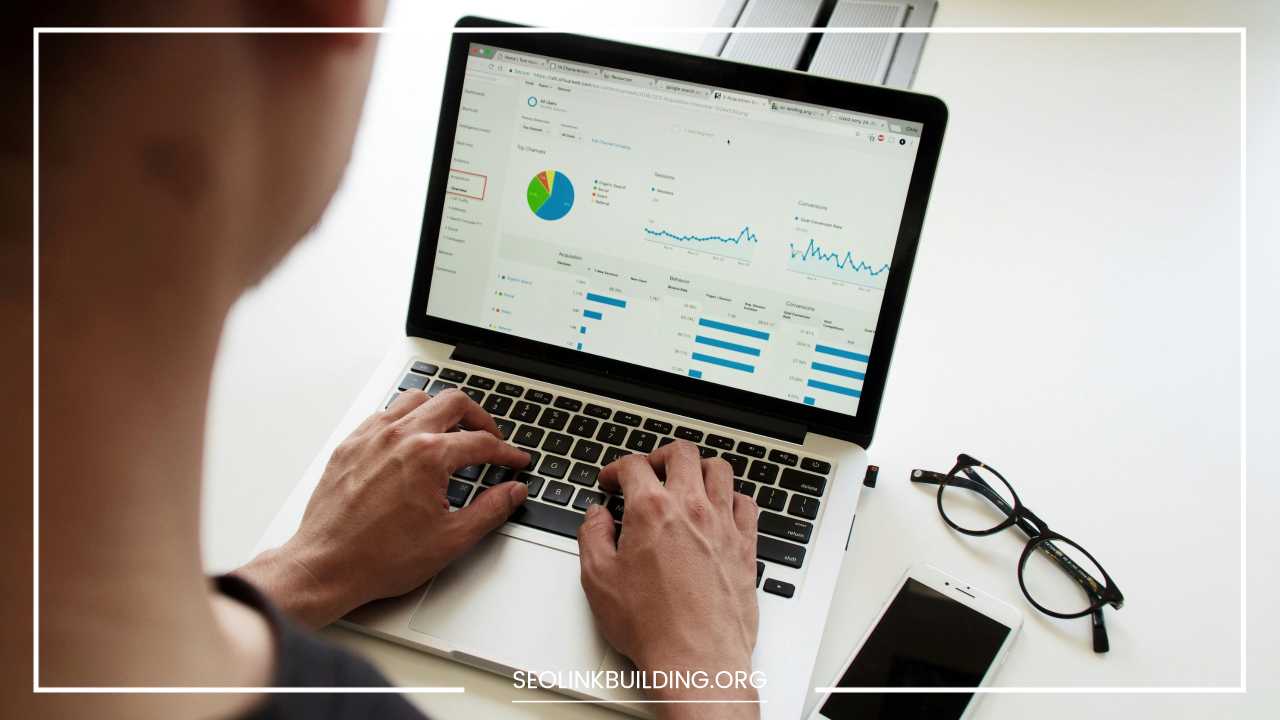Understanding Technical SEO for Higher SERP Rankings

Technical SEO
In the vast and competitive world of search engine optimization (SEO), technical SEO plays a crucial role in improving a website’s search engine rankings and overall visibility.
Technical SEO involves optimizing the technical aspects of a website to make it more search engine-friendly and enhance user experience. By addressing technical SEO elements, website owners can achieve higher rankings on search engine result pages (SERPs) and attract more organic traffic.
In this article, we will delve into the fundamentals of technical SEO and explore the key techniques that can lead to higher SERP rankings.
Technical SEO encompasses the behind-the-scenes optimizations that make it easier for search engines to crawl, index, and understand a website’s content.
While on-page and off-page SEO focus on content and link-building strategies, technical SEO concentrates on the technical aspects that impact a website’s performance in search rankings.
Understanding technical SEO and implementing the right techniques is vital for any website looking to improve its search engine rankings, enhance user experience, and attract more organic traffic. Let’s explore the key elements of technical SEO that can lead to higher SERP rankings.
The Importance of Technical SEO
Technical SEO serves as the foundation of a well-optimized website. It ensures that search engines can access, understand, and index a website’s content effectively.
Without proper technical SEO, even the best content and link-building efforts may not yield the desired results in search rankings.
By focusing on technical SEO, website owners can improve their website’s crawlability, indexability, and user experience.
A technically optimized website is more likely to rank higher on SERPs, resulting in increased organic traffic and potential conversions.
Website Speed and Performance
Website speed and performance are critical factors that impact user experience and search engine rankings. Slow-loading pages lead to higher bounce rates and lower user satisfaction, both of which can adversely affect SEO.
Page Loading Speed
Optimizing page loading speed is crucial for higher SERP rankings. To improve loading speed, compress images, minify CSS and JavaScript files, and leverage browser caching. Regularly test page loading speed and make necessary adjustments to enhance user experience.
Mobile-Friendly Design
With mobile usage on the rise, having a mobile-friendly website is essential for SEO success. Ensure that your website’s design is responsive and adapts seamlessly to different screen sizes. Google prioritizes mobile-friendly websites in its mobile search results.
Server Response Time
The server response time affects how quickly a website responds to user requests. Optimize server settings and consider using content delivery networks (CDNs) to reduce server response time and improve overall website performance.
Website Indexation
For a website to appear in search results, it must be properly indexed by search engines. Ensuring that all relevant pages are indexed correctly is essential for higher SERP rankings.
XML Sitemaps
XML sitemaps provide search engines with a roadmap of all the pages on a website. Submitting an updated XML sitemap to search engines helps them discover and index new or updated content efficiently.
Robots.txt
The robots.txt file instructs search engine bots on which pages of a website should or should not be crawled and indexed.
Use robots.txt carefully to prevent indexing of irrelevant or sensitive pages while allowing access to essential content.
Canonical Tags
Canonical tags help address duplicate content issues by specifying the preferred version of a page.
Implement canonical tags to ensure that search engines index the correct version and avoid any negative impact on SERP rankings due to duplicate content.
URL Structure and Permalinks
An organized URL structure contributes to a better user experience and improved search engine rankings.
Use descriptive and keyword-rich URLs that accurately reflect the content of each page. Avoid using dynamic parameters in URLs whenever possible.
SSL Certificates and Website Security
Website security is a critical aspect of technical SEO. Implementing SSL certificates (HTTPS) not only secures user data but also signals trust to search engines.
Websites with HTTPS encryption often receive a slight ranking boost, while insecure websites may be penalized.
Structured Data and Schema Markup
Structured data and schema markup help search engines understand the content and context of a website better.
By providing additional information about the content, such as ratings, reviews, and event details, websites can enhance their appearance in search results and attract more clicks.
Mobile Optimization
With the increasing prevalence of mobile devices, optimizing for mobile users is essential for higher SERP rankings.
Responsive Design
Responsive design ensures that a website adapts seamlessly to different screen sizes and devices. A mobile-friendly website offers an improved user experience, leading to higher user engagement and better search rankings.
Accelerated Mobile Pages (AMP)
AMP is an open-source project that improves page loading speed on mobile devices. Implementing AMP can lead to faster-loading mobile pages and potentially improved mobile search rankings.
Site Architecture and Internal Linking
A well-structured site architecture and internal linking facilitate the flow of link equity and help search engines understand the hierarchy and importance of different pages on a website.
Organize content into categories and subcategories, and use a logical hierarchical structure. Implement internal linking to connect related pages, making it easier for search engines to discover and index content.
Handling Redirects Properly
Redirects are essential when moving or renaming pages on a website. Use 301 redirects for permanent page moves to ensure that link equity is passed to the new URL.
Avoid using excessive redirects, as they can slow down page loading speed and impact SEO.
Optimizing Images and Media Files
Images and media files can significantly impact a website’s loading speed. Compress images and use the appropriate image format (JPEG, PNG, etc.) without compromising quality.
Additionally, use descriptive alt text to help search engines understand the content of images.
Monitoring and Maintaining Technical SEO
Technical SEO is an ongoing process that requires regular monitoring and maintenance. Use various SEO tools to monitor website performance, page speed, and indexation status.
Stay updated with the latest best practices and search engine algorithm updates to ensure that your technical SEO efforts remain effective.
Final Remarks
Technical SEO lays the groundwork for higher SERP rankings and improved organic traffic.
By optimizing website speed and performance, ensuring proper indexation, focusing on mobile optimization, and addressing other technical elements, website owners can create a more search engine-friendly and user-friendly online presence.
Implementing the techniques discussed in this article will not only lead to higher SERP rankings but also enhance user experience, increasing the likelihood of attracting and retaining organic traffic.
FAQs
Is technical SEO essential for all websites?
Yes, technical SEO is essential for all websites. Proper technical optimization ensures that search engines can access and understand your content, leading to improved search rankings and organic traffic.
How often should I monitor and update my technical SEO?
Technical SEO requires ongoing monitoring and updates. Regularly check website performance, indexation status, and page speed. Stay updated with the latest best practices and algorithm changes to maintain effective technical SEO.
What are the consequences of ignoring technical SEO?
Ignoring technical SEO can lead to lower search engine rankings, reduced organic traffic, and a poor user experience. Websites that are not technically optimized may struggle to compete with better-optimized competitors in search results.
How can I improve my website’s loading speed?
To improve website loading speed, compress images, minify CSS and JavaScript files, leverage browser caching, and optimize server settings. Regularly test page loading speed and make necessary adjustments to enhance user experience.
Does implementing SSL (HTTPS) impact search rankings?
Yes, implementing SSL (HTTPS) can impact search rankings positively. Secure websites often receive a slight ranking boost, while insecure websites may be penalized. SSL also instills trust in users, encouraging them to interact more with the website.













